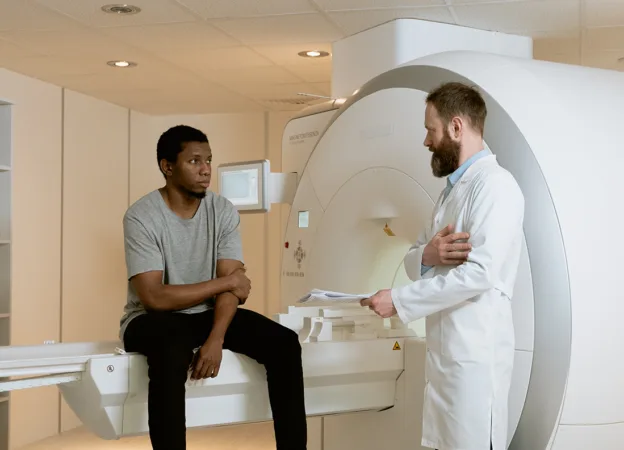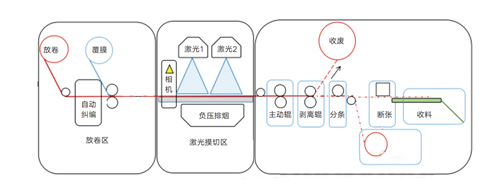 When it comes to your health, knowledge is truly power. Too often we hear stories from family members, friends, or colleagues who wish they had been more active about their health screenings before receiving a life-threatening cancer diagnosis. But this is the year to get ahead of your wellness and achieve the peace of mind that preventative cancer screening may bring.
When it comes to your health, knowledge is truly power. Too often we hear stories from family members, friends, or colleagues who wish they had been more active about their health screenings before receiving a life-threatening cancer diagnosis. But this is the year to get ahead of your wellness and achieve the peace of mind that preventative cancer screening may bring.
If you’re wondering where to start, don’t worry. We’ve partnered with Novartis and the American Cancer Society to provide you with a step-by-step guide to screening. That’s why Novartis is taking an active role in the American Cancer Society’s “Get Screened” Initiative, to raise awareness about the importance of early cancer screening in the Black community.
With over 200,000 new cancer cases and 73,000 cancer deaths expected to occur in the last year alone, Black people have the shortest survival and the highest death rate of any racial or ethnic group in the United States for most cancers. It is especially important to make sure we have the resources and knowledge to know when to start getting screened for certain cancers. Here are 7 things you should know about cancer screening and prevention, complete with advice from Dr. Arif Kamal, MD, MBA, MHS, Chief Patient Officer for the American Cancer Society.
Establish Trust Early On Walk into your doctor’s appointment as a partner in your health care. Bring any questions, listen actively (and ask for clarification), and ask your doctor to provide any resources for your review to do your own research. Playing an active part in your care will not only make you feel empowered, but also invite your doctor to understand your perspective.
Share Your Family History Bring any relevant maternal and paternal family health history to help your doctor understand your experience with cancer. If you are unable to access your family health history, then let your doctor know and be prepared to share as much information as you have available to you.
Focus On Overall Wellness It is standard for offices to record your weight and body mass index (BMI) per medical guidelines—terms such as “obese” or “overweight” may be used based on BMI definitions. Your doctor should, however, focus on your overall wellness, which includes, but is not limited to weight.
Learn About Your Scan Mostscans start with clinically appropriate conversation with your doctor about the density of relevant body parts to determine the type of imaging needed for testing. Depending on the density, you may be prescribed a 3D scan, ultrasound, or magnetic resonance imaging. Once you are prescribed your scan, ask your doctor for more resources to know what to expect on the day of your scan.
Address Potential Bias Unfortunately, there are times when healthcare professionals may have racial biases or responses toward patients. If you experience a doctor who expects you to endure discomfort or racially derogatory comments, Dr. Gary recommends taking action. You can either constructively further the conversation with follow-up questions such as “Is this included in the guidelines?” or “What makes you say that?” or seek out a second opinion to find a more appropriate provider.
Visit cpe bag homepage for more details.
Ask Questions Ask follow-up questions, offer feedback, and make sure your concerns are addressed at the end of your appointment. Though doctors can seem rushed to write notes or get to the next appointment, you are entitled to quality care as a patient. Feel free to ask for more time and clarity with questions like “What I’m hearing you say is…” or “Can you explain to me what I should expect between now and our next visit?”
Create Your Follow-Up Plan After receiving the results of your screening, create a plan for staying on top of your health with daily habits and regular screening. Even if you do not have a doctor or health insurance, the American Cancer Society can help you learn more about potential costs and access more affordable options for cancer screening. Share your experience with family and friends in your community to encourage them to find out their own status.

Comments
No comments yet. Be the first to react!